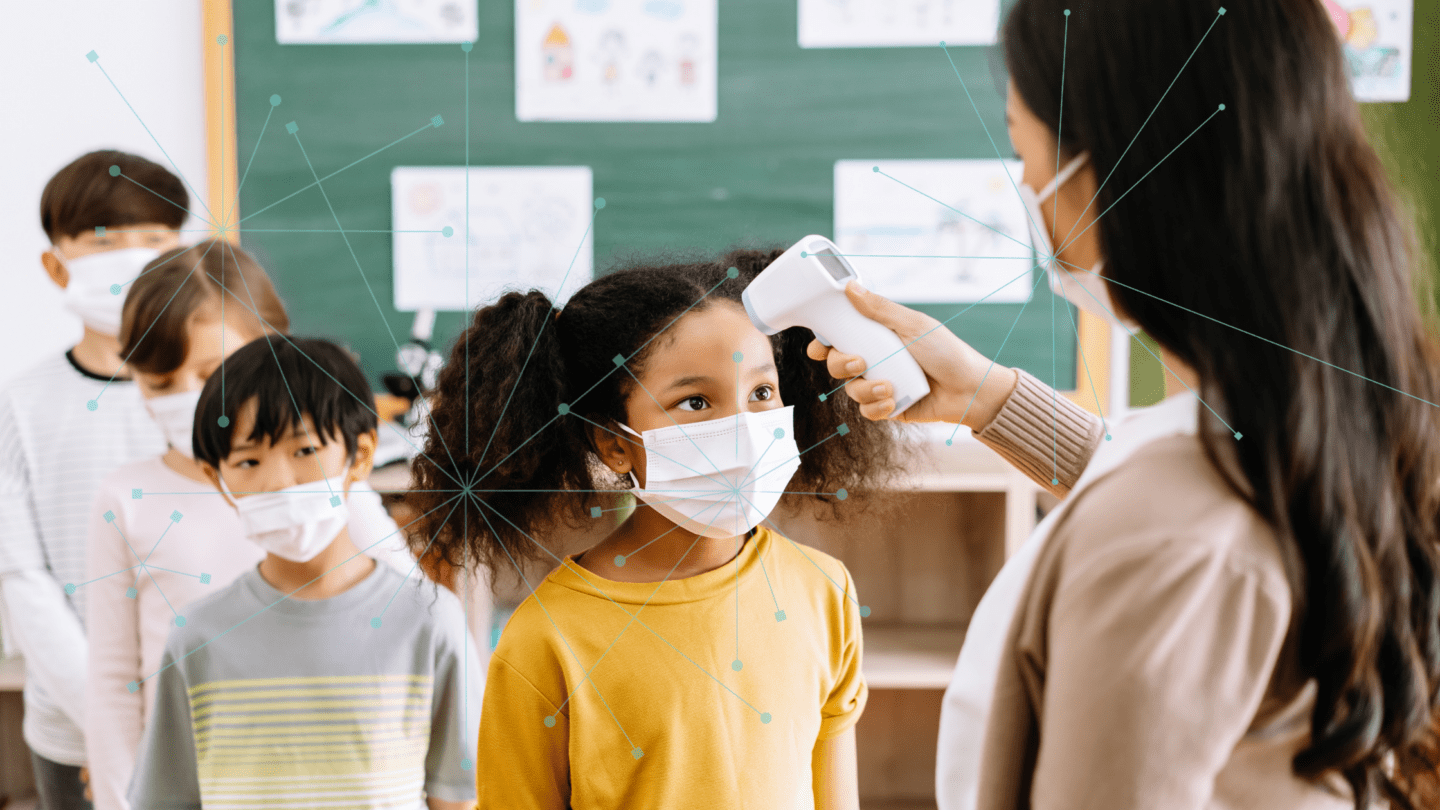Nearly one year into the Covid-19 pandemic, K-12 schools across the country are struggling to remain open for in-person instruction. Inequities in academic outcomes are widening, with the most disastrous potential outcomes for students in higher-poverty schools and those who are learning remotely. Children’s social-emotional health is profoundly affected, and teacher morale is suffering. In a RAND survey of nearly 1,000 former public school teachers, almost half of those who left public school teaching early during the pandemic did so specifically because of Covid-19. These impacts of the pandemic will have negative consequences for decades to come.
Research to date suggests that in-person instruction, when coupled with appropriate mitigation strategies, is not a major contributor to Covid-19 transmission in communities. Nevertheless, some degree of transmission in school settings does occur, and widespread concern among families and staff about safety is a major barrier to schools’ ability to provide more in-person instruction. Roughly half of the teachers who quit teaching due to Covid-19 report that they would be willing to return if there were widespread vaccination or regular Covid-19 testing.
This report compiles promising practices from a review of Covid-19 testing programs implemented by K-12 schools nationwide and a deep dive of 10 schools, districts, and states who were early adopters of Covid-19 testing. It includes recommendations on how to make widespread Covid-19 testing in schools feasible, acceptable, and effective.
On January 14, 2021, just prior to the start of his administration, then-President-elect Biden announced a $1.9 trillion stimulus plan to combat the Covid-19 crisis and provide economic aid. The proposal included $130 billion to help most schools safely reopen within the first 100 days of his presidency and $50 billion to expand testing, including in K-12 schools. To help accomplish this ambitious goal, it will be imperative to successfully spread and scale up promising practices from K-12 schools and districts that were early adopters of Covid-19 testing of their students and staff in the fall semester of 2020.
- Report
Covid-19 Testing in K-12 Schools: Insights from Early Adopters
Nearly one year into the Covid-19 pandemic, K-12 schools across the country are struggling to remain open for in-person instruction. Inequities in academic outcomes are widening, with the most disastrous potential outcomes for students in higher-poverty schools and those who are learning remotely. Children’s social-emotional health is profoundly affected, and teacher morale is suffering. In […]Download PDF
Related Updates

Research Commissioned by The Rockefeller Foundation Strengthens Evidence Base for Reopening K-12 Schools with Robust Covid-19 Testing Programs
Adding a weekly testing regimen can reduce in-school infections by 50% and increase confidence in safety for staff and families Half of teachers who quit teaching due to Covid-19 report that they would be willing to return if there were regular Covid-19 testing or widespread vaccination New York | February 4, 2021 – With the […]
More